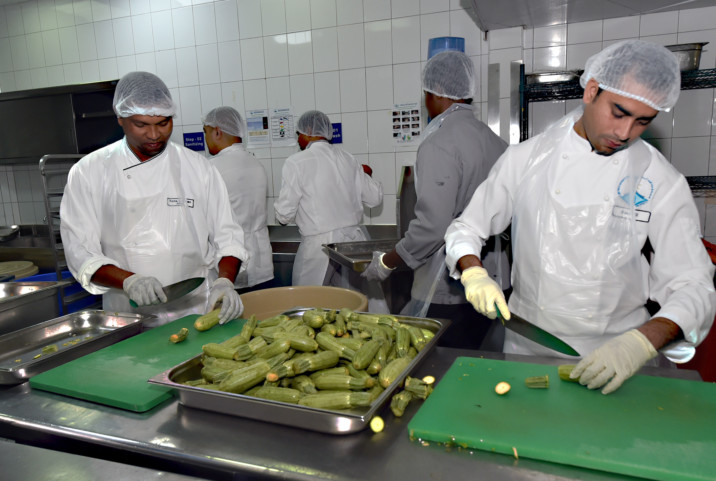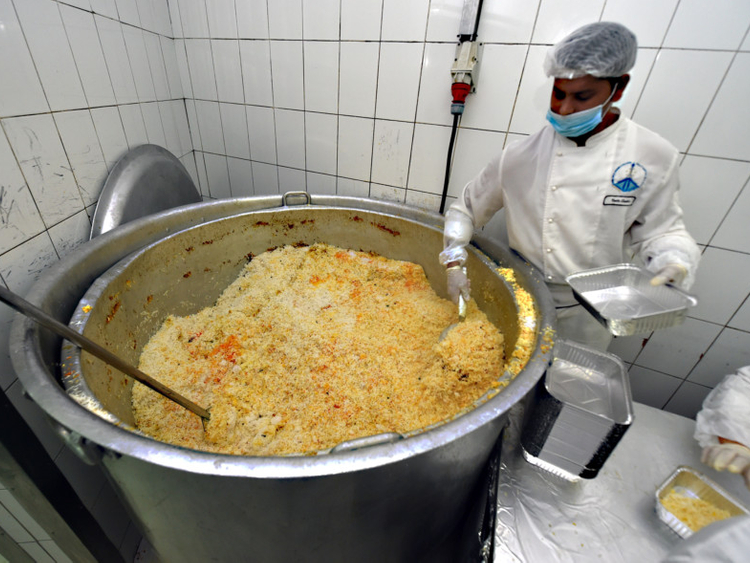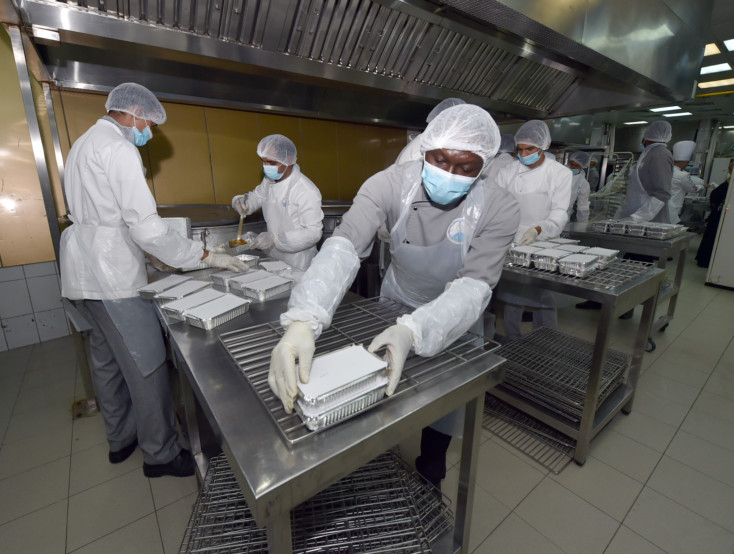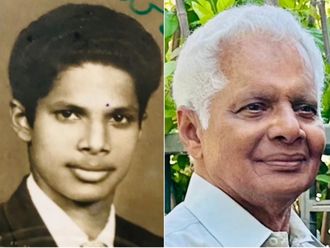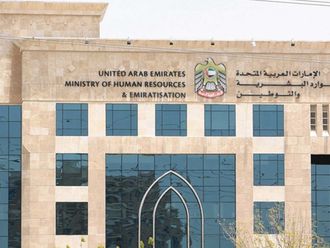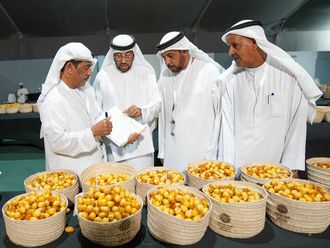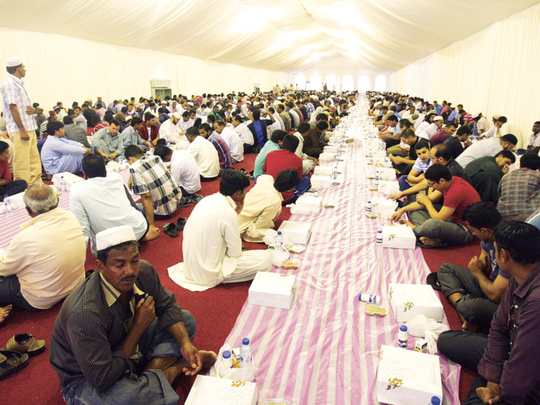
Abu Dhabi: It is that time of year when the kitchen of the Armed Forces Officers Club and Hotel (AFOCH) is at its busiest. It is here where over 20,000 meals are prepared every day of Ramadan for the free iftar at Shaikh Zayed Grand Mosque.
As many as 350 chefs and 160 assistants, aided by a staff running into hundreds, have got the art of making what’s been dubbed the the country’s largest iftar down to perfection.
Iftar by chance
Interestingly, the iftar tradition at the Grand Mosque started by chance. “It can be traced back to the Ramadan of 2004 when Shaikh Zayed passed away,” recalls executive chef Karsten Gottschalk. “People came in hordes to offer condolences at his tomb in the mosque. In order to provide them something to end their fast with, our kitchen (located just five minutes drive from the mosque) was asked to prepare some snacks. The following year too, we provided free iftar to the worshippers. The number of people increased with each passing year and today it has become a grand tradition which almost everyone in the city has partaken of, ” says Gottschalk.
Utmost precision
The whole operation of preparing the iftar involves six sections each assigned a specific task: vegetable cutting, butchery, rice sorting, rice cooking, meat cooking and vegetable cooking.
The process begins at 4am in a custom-built kitchen where 6,000kg of lamb is slow-cooked in large pots for four hours. At 6am the other sections swing into action.
Seven thousand kilos of rice, which has been sorted and cleaned the previous day, is cooked in giant vessels of 100kg capacity each.
As many as 10,000kg of chicken, defrosted and marinated a day earlier, go into the oven to be baked for 45 minutes.
By 3.30pm, over 20,000 iftar meals are packed and by 4.30pm they are on their way to the mosque. Each pack contains 500gm of biryani rice, 500gm of meat (chicken or mutton), 300gm of vegetable salona (Arabic dish), salad and fruits.
Each process goes through strict safety measures under the scrutiny of hygiene and food safety manager Toufique Mohammad Al Khalid. “We have been receiving Grade A from Hazard Analysis and Critical Control Points (HACCP) for the past three years. We have never encountered a safety hazard or accident,” he said. In the initial years, the staff worked in the open while preparing the meals. In 2009, the kitchen was upgraded and fitted with air conditioning, new gaslines, gas hoods and electric stoves.
On weekends the number of meals even goes up to 40,000. But Gottschalk is unfazed. “My team is equipped to handle any rise in demand,” he said.
“All of us are committed to provide the best meal. And when you see people line up and finally end their fast with the meal that we have prepared, it is very gratifying.”
The writer is an Abu Dhabi-based freelance journalist


